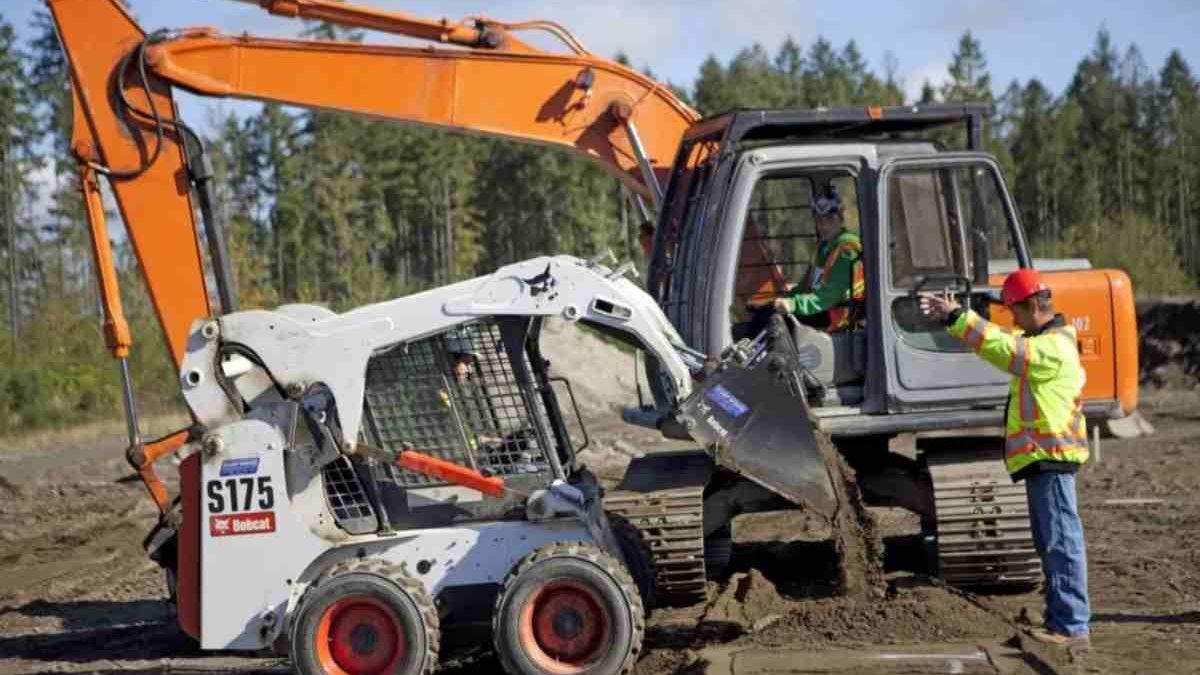Heavy equipment operators operate and maintain heavy machinery, such as bulldozers, excavators, and loaders. They work in various industries, including construction, mining, and forestry.
This article provides a complete guide to becoming a heavy equipment operator. It covers the requirements, training, certification, and job outlook.
Table of Contents
Requirements
There are no formal education requirements to become a heavy equipment operator. However, most employers choose candidates with a high school diploma or equivalent, and some may require completing a trade school program or apprenticeship.
Training
There are many ways to train as a heavy equipment operator. One option is to enroll in a trade school program. These programs typically last one to two years and teach students about the different types of heavy equipment, how to operate them safely, and how to perform basic maintenance.
Another option is to get on-the-job training from an experienced operator. This training typically involves working as a laborer or apprentice while learning to operate different types of heavy equipment.
Certification
While certification is not required to work as a heavy equipment operator, it can be beneficial. Organizations such as the National Center for Construction Education and Research (NCCER) and the Equipment Operators Union (IUOE). offer many different certification programs.
Job Viewpoint
The job outlook for heavy equipment operators is good. According to the US Bureau of Labor Statistics, employment of heavy equipment operators is projected to grow 8 percent from 2020 to 2030, much faster than the average for all professions. This development is expected to be driven by increased demand for infrastructure construction and mining.
How to Be a Good Heavy-Equipment Operator
To be a good heavy equipment operator, you must have a combination of skills and qualities. These include:
- Equipment operation skills: You need to operate the type of heavy equipment you are working with safely and efficiently. This includes having a good understanding of the machine’s controls, capabilities, and limitations.
- Hand-eye coordination and depth perception: You need to coordinate your hand and eye movements to control the heavy equipment precisely. It would be best to have a good depth perception to judge distances and clearances accurately.
- Problem-solving skills: You need to identify and solve problems that may arise while operating heavy equipment. This may include troubleshooting mechanical problems, dealing with unexpected obstacles, and adjusting your work plan.
- Attention to detail: You need to be able to pay close attention to your surroundings and the details of your work. This is essential for ensuring safety and accuracy.
- Communication skills: You need to communicate well with your co-workers and supervisors. This includes giving and receiving instructions, reporting problems, and working as part of a team.
Why Is It Important To Be A Good Heavy Equipment Operator?
Heavy equipment operators play an important role in our society. They are responsible for building and keeping our infrastructure, such as roads, bridges, and buildings. They also work in industries such as mining and forestry, which are essential to our economy.
Good heavy equipment operators are safe, reliable, and efficient. They can operate heavy machinery safely and accurately and troubleshoot and solve problems quickly. They can also work well under pressure and as part of a team.
Conclusion
Becoming a heavy equipment operator is a challenging but rewarding career. It requires not only skill in operating the machinery but also knowledge of health and safety regulations, understanding of the work environment, and preparedness for operating heavy equipment. By following these steps and tips, you can become a successful heavy equipment operator and contribute to the success of construction and other industries.

